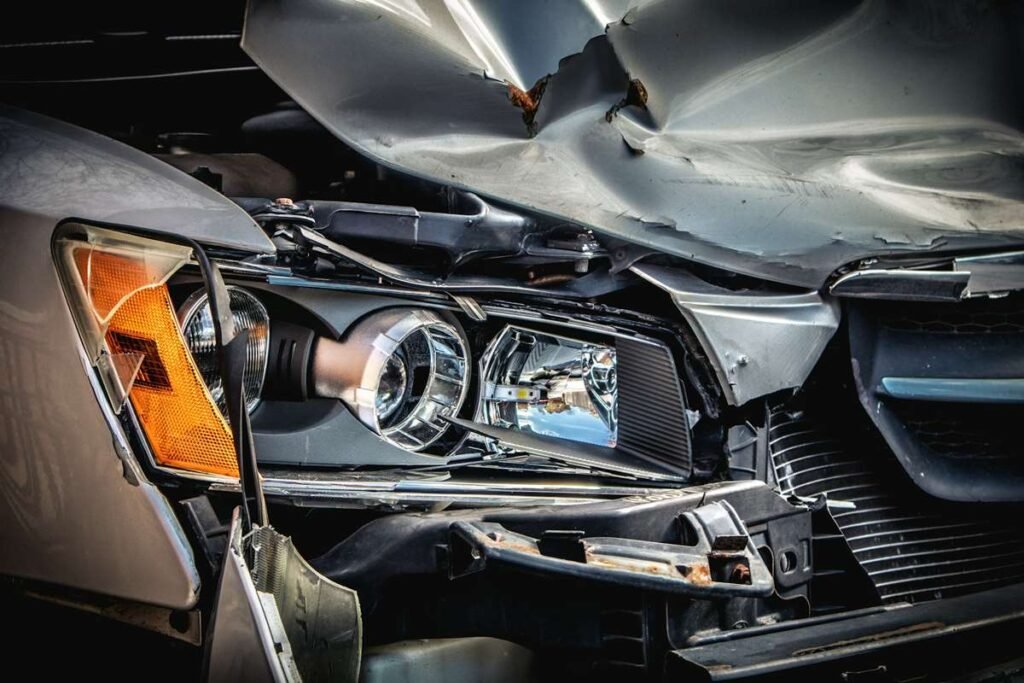The EU Commission has fined major car manufacturers and a European car association around €458 million for taking part in a long-lasting cartel concerning end-of-life vehicle recycling.

Car manufacturers including BMW, Renaulty / Nissan, Volkswagen and Opel coordinated for over 15 years to avoid paying for recycling services, says the Commission, agreeing to not compete with each other on advertising the extent to which their cars could be recycled, and agreeing to remain silent on the recycled materials used in their new cars.
“We will not tolerate cartels of any kind, and that includes those that suppress customer awareness and demand for more environmental-friendly products,” said EC vice-president Teresa Ribera: “High quality recycling in key sectors such as automotive will be central to meeting our circular economy objectives, not only to cut waste and emissions, but also to reduce dependencies, lower production costs and create a more sustainable and competitive industrial model in Europe.”
The European Automobiles Manufacturers’ Association (ACEA) was also fined for being the facilitator of the cartel, having organised numerous meetings and contacts between car manufacturers involved in the cartel, says the Commission.
Mercedes-Benz was not fined, as it revealed the cartel to the Commission under the leniency programme. All companies admitted their involvement in the cartel and agreed to settle the case.
An End-of-Life Vehicle (‘ELV’) is a car that is no longer fit for use, either due to age, wear and tear, or damage. These vehicles are dismantled and processed for recycling, recovery, and disposal.
The Commission’s investigation revealed that, for over 15 years, 16 major car manufacturers (including Mercedes, which was not fined) and ACEA entered into anticompetitive agreements and engaged in concerted practices related to the recycling of ELVs.
The goal is to minimise waste and recover valuable materials like metal, plastic, and glass.
The Commission has also proposed a flexibility measure to help manufacturers comply with their CO2 emission targets between 2025 and 2027 for new cars and vans. It has proposed, as part of the EU’s cohesion policy mid-term review, funding incentives for the deployment of recharging infrastructure.
Finally, the Commission has launched a fact-finding exercise on how European companies procure and recycle certain critical raw materials, to support greater industry cooperation in this field in line with EU competition rules.
The breakdown of the fines imposed on each party is as follows:
| Company | Reduction under the Leniency Notice | Fine |
| Mercedes-Benz | 100% | €0 |
| Stellantis | 50% | €74 934 000 |
| Mitsubishi | 30% | €4 150 000 |
| Ford | 20% | €41 462 000 |
| BMW | €24 587 000 | |
| Honda | €5 040 000 | |
| Hyundai / Kia | €11 950 000 | |
| Jaguar Land Rover / Tata | €1 637 000 | |
| Mazda | €5 006 000 | |
| – Of which jointly and severally with Ford | €1 034 000 | |
| Renault / Nissan | €81 461 000 | |
| Opel | 50% | €24 530 000 |
| – Of which jointly and severally with GM | €13 659 000 | |
| GM solely | €17 075 000 | |
| Suzuki | €5 471 000 | |
| Toyota | €23 553 000 | |
| Volkswagen | €127 696 000 | |
| Volvo | €8 890 000 | |
| – Of which jointly and severally with Ford | €3 901 000 | |
| – Of which jointly and severally with Geely | €4 419 000 | |
| ACEA | €500 000 |
More information on this case will be available under case number AT.40669 in the public case register on the Commission’s competition website once confidentiality issues have been resolved. For more information on the Commission’s action against cartels, see its cartels website.